Your Heart, Our Priority
At Goshen Heart Clinic, we are redefining cardiac care in Nigeria. Since 2011, we’ve been dedicated to preventing, diagnosing, and managing cardiovascular diseases—the world’s leading cause of death.
The clinic was launched on May 2nd, 2011. Since then, we have provided dedicated cardiology services, gaining a reputation and acceptance as a premium cardiac care delivery service to all and sundry. From the location and the service orientation, we provided a homely environment.

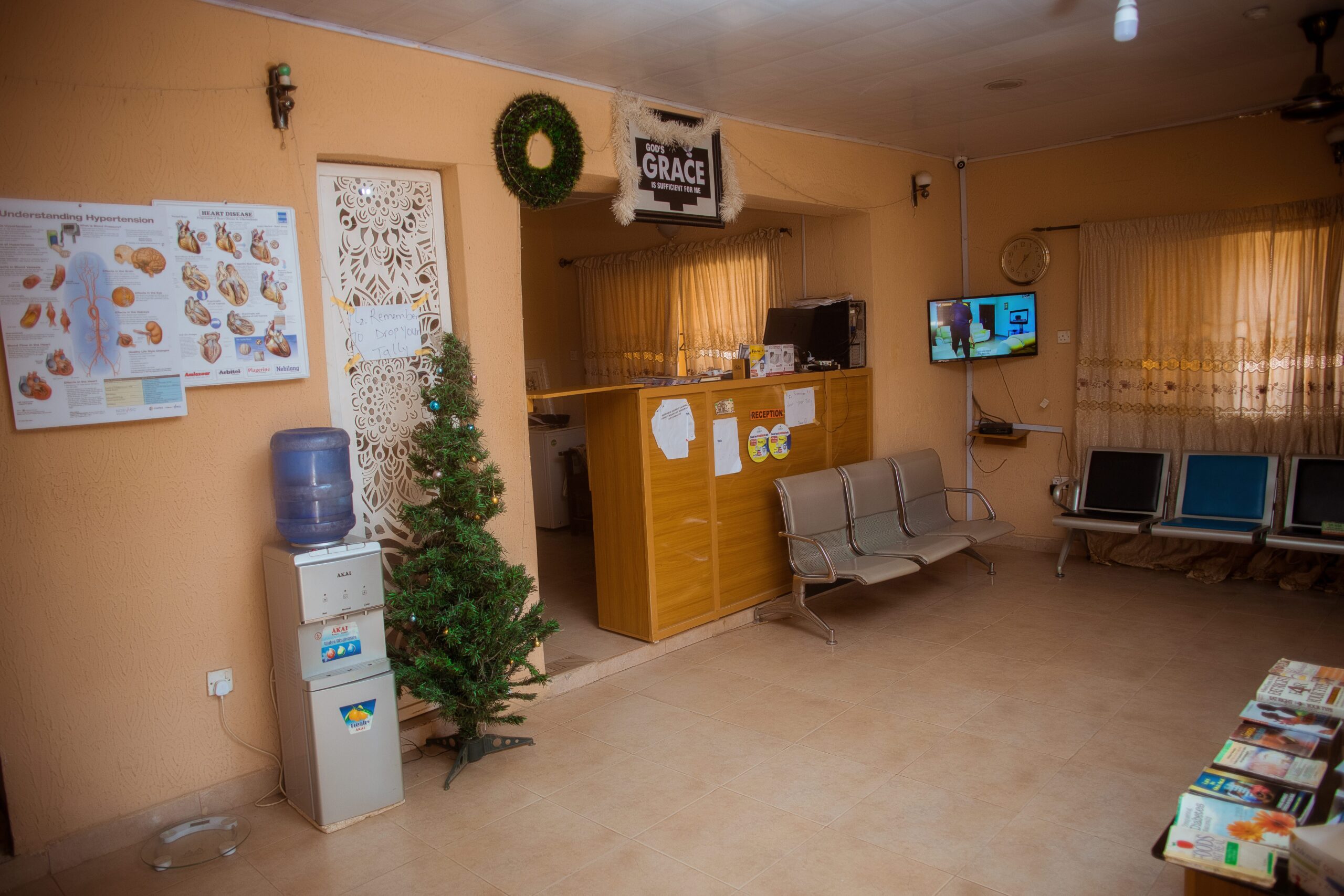
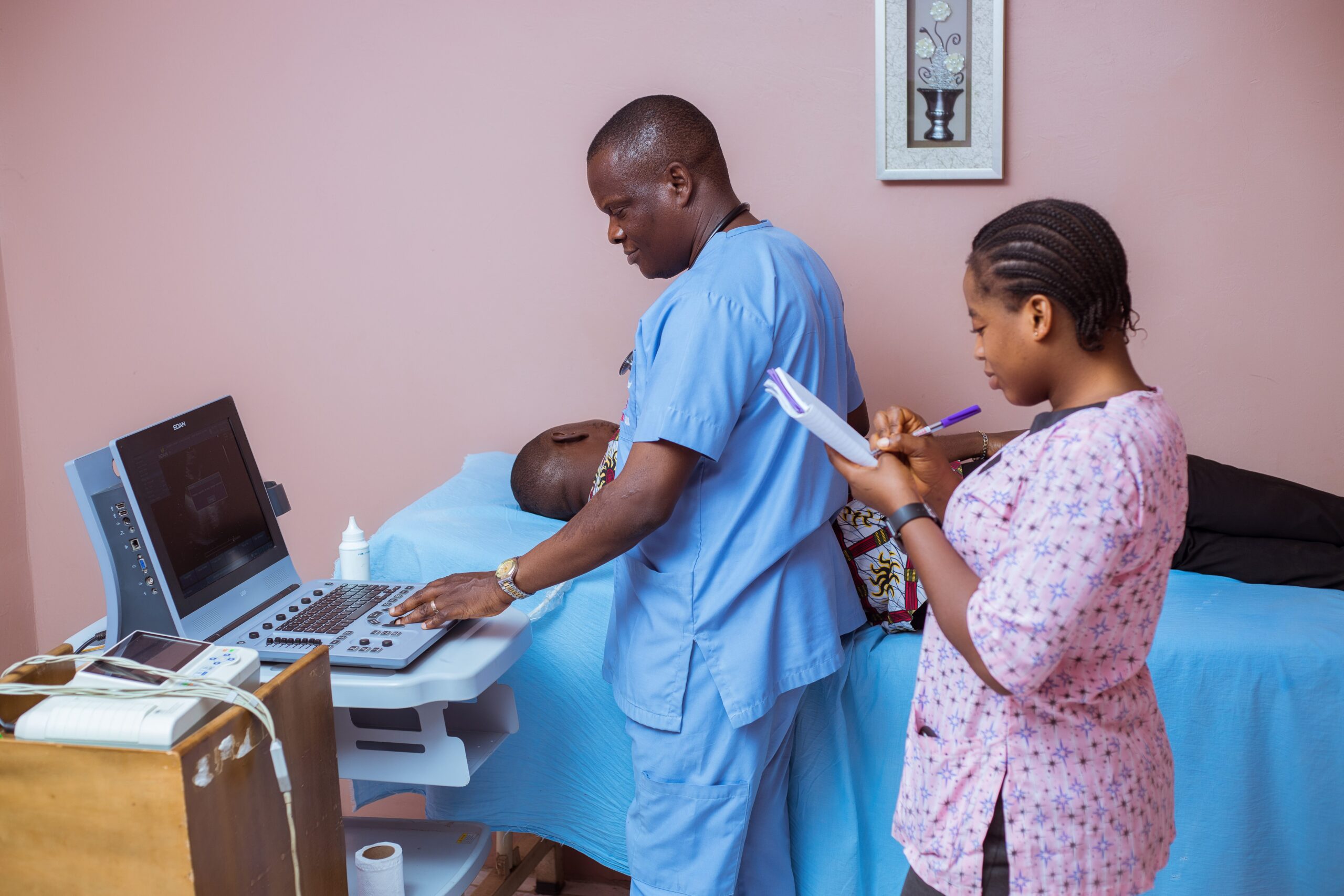

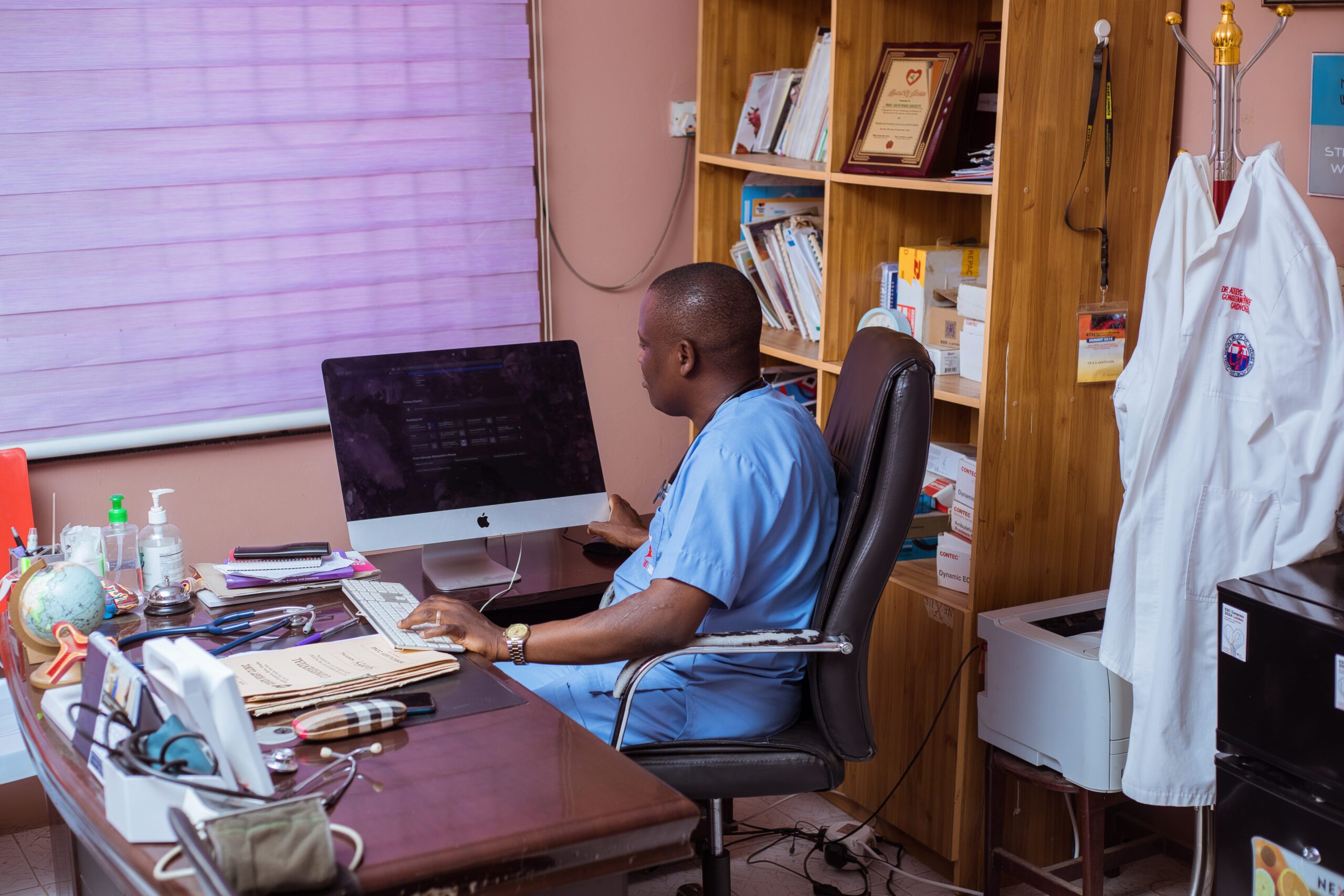
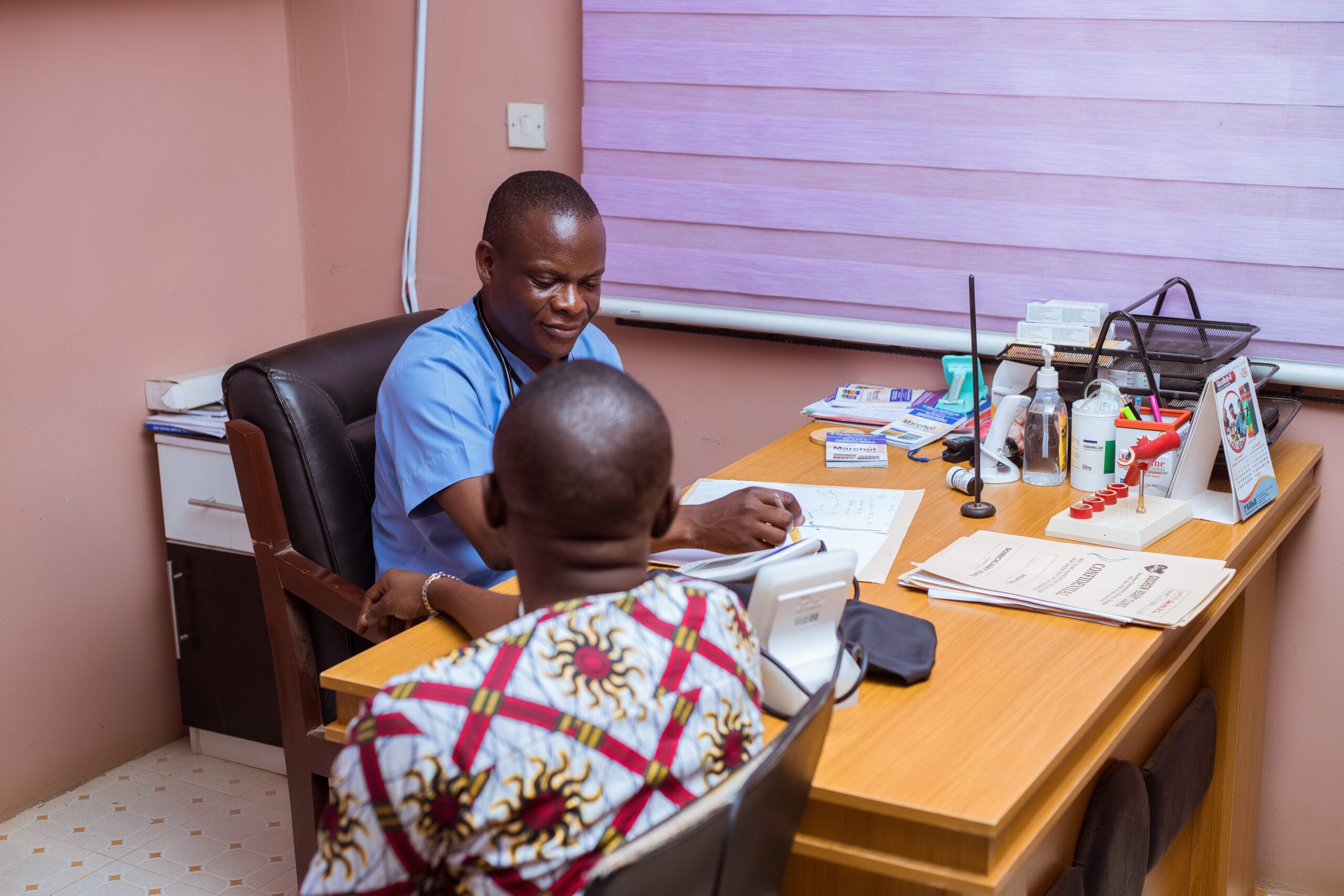
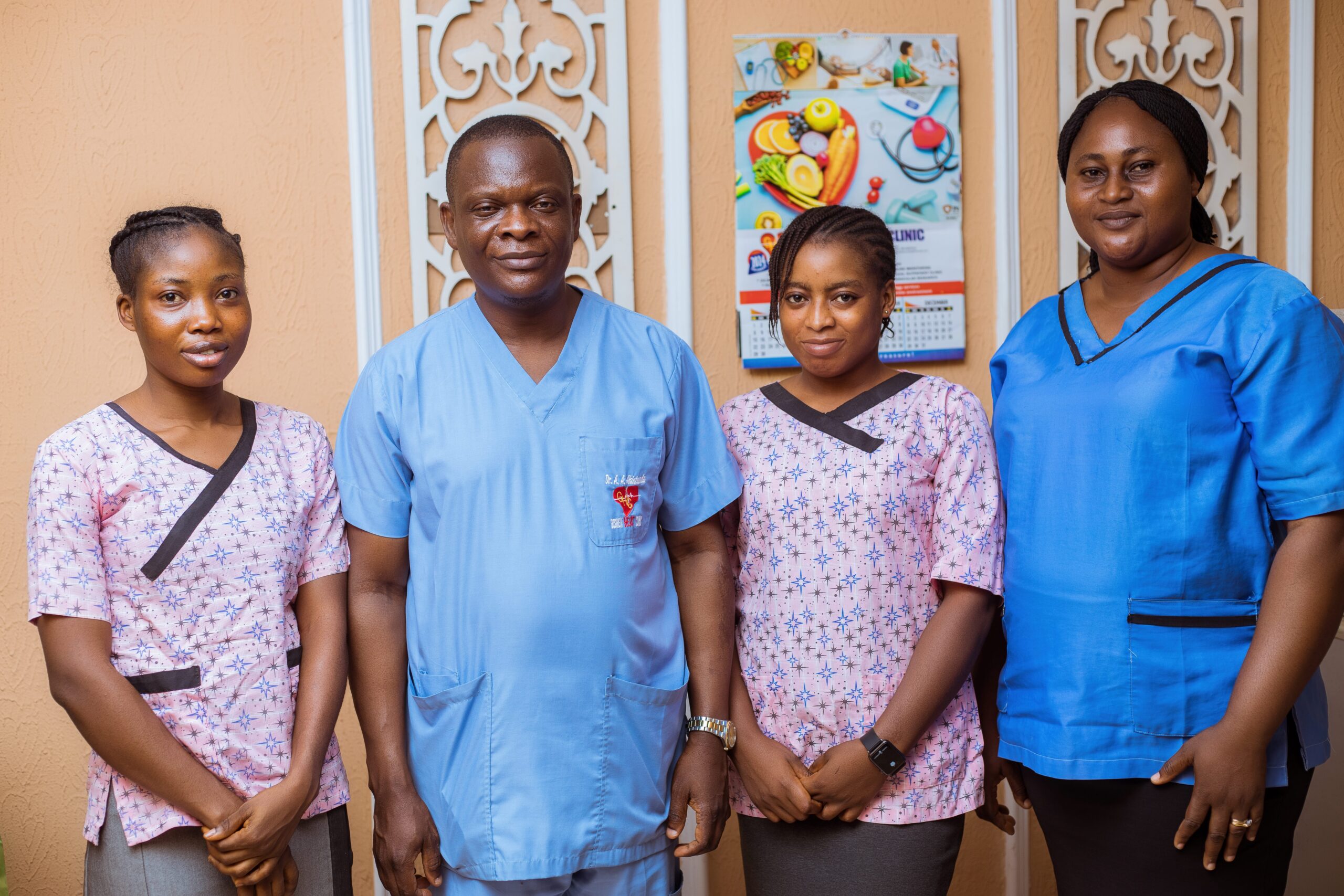


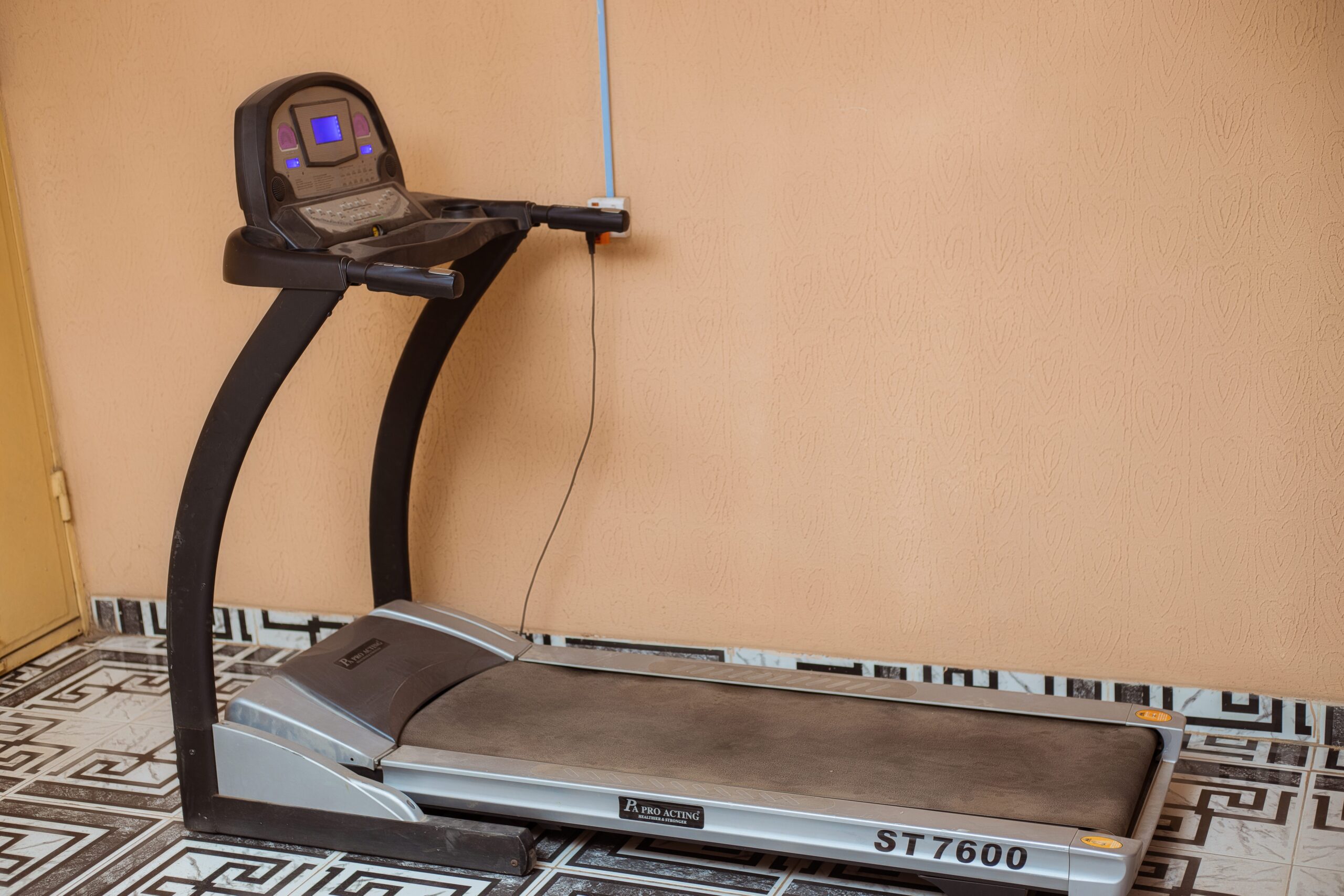
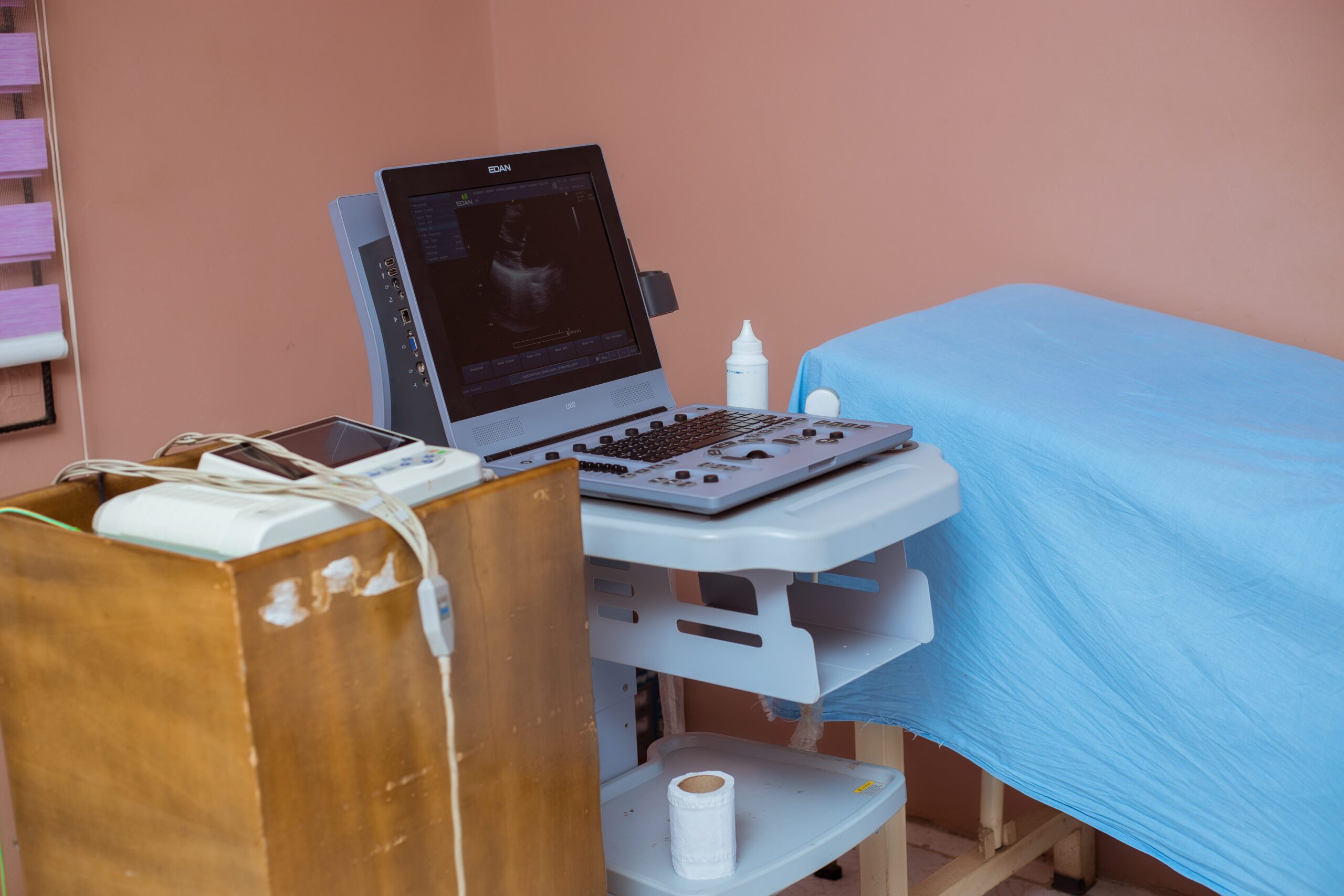



Our Mission
To provide qualitative and efficient outpatient cardiac care for our patients in line with global best practices in an environment with strong dedication in a patient-friendly, cost-effective, warm, and graceful environment.
Our Vision
To become the standard care provider of cardiovascular care in preventing and managing heart diseases in Nigeria.
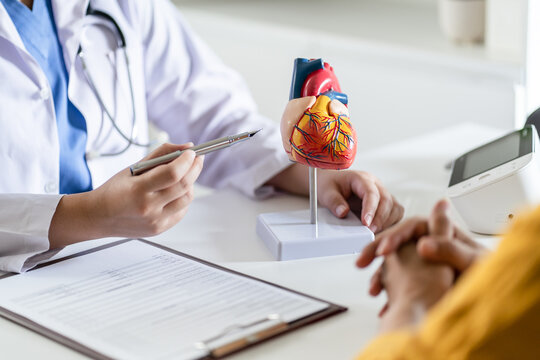
Our services
Outpatient Cardiology Consultation
We offer a thrice-weekly cardiology consultation on Tuesdays, Thursdays, and Saturdays between 7:30 am and 1:00 pm. We have a penchant for prompt, orderly service orientation where everyone is attended to with due regard and emergencies are promptly addressed.
Electrocardiogram (“ECG”)
An electrocardiogram is a simple, painless test that measures your heart’s electrical activity. It’s also known as an ECG or EKG. Every heartbeat is triggered by an electrical signal that starts at the top of your heart and travels to the bottom. Heart problems often affect the heart’s electrical activity. An EKG records a picture of your heart’s electrical activity while you’re being monitored. When should an EKG be done?
Your doctor may recommend an EKG if you’re experiencing symptoms or signs that may suggest a heart problem, including:
– pain in your chest
– trouble breathing
– feeling tired or weak
– pounding, racing, or – fluttering of your heart
– a feeling that your heart is beating unevenly
– detection of unusual sounds when your doctor listens to your heart
Transthoracic Echocardiogram (“Echo”) Echocardiography
Echocardiography, also known as cardiac ultrasound, is the use of ultrasound to examine the heart. It is a type of medical imaging, using standard ultrasound or Doppler ultrasound. The visual image formed using this technique is called an echocardiogram, a cardiac echo, or simply an echo. Echocardiography is routinely used in the diagnosis, management, and follow-up of patients with any suspected or known heart diseases.
It is one of the most widely used diagnostic imaging modalities in cardiology. It can provide a wealth of helpful information, including the size and shape of the heart (internal chamber size quantification), pumping capacity, location and extent of any tissue damage, and assessment of valves.
An echocardiogram can also give physicians other estimates of heart function, such as a calculation of the cardiac output, ejection fraction, and diastolic function (how well the heart relaxes.
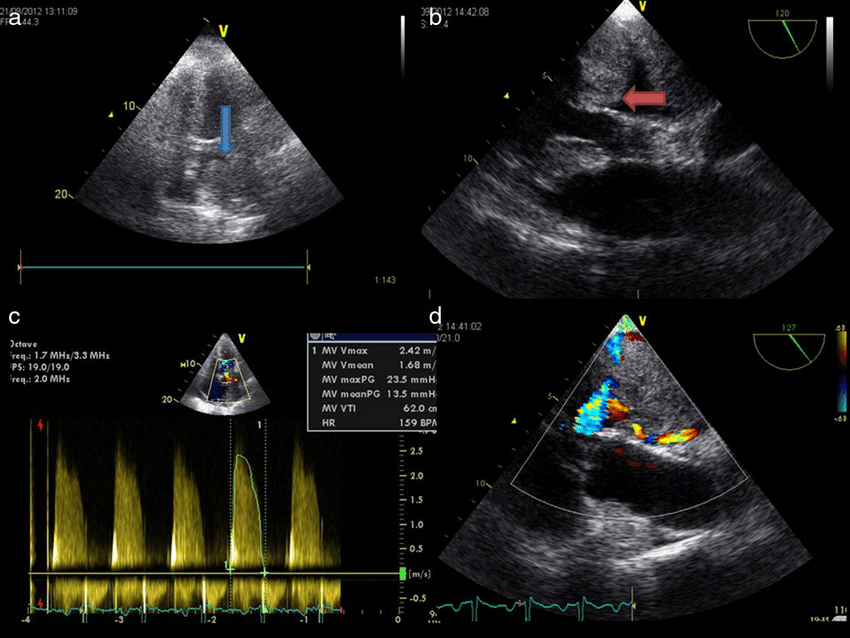
Stress Test (Exercise Treadmill Test or ETT)
The test is used to check for blockages or narrowing in the coronary arteries. It is a cardiological examination that evaluates the cardiovascular system’s response to external stress within a controlled clinical setting. This stress response can be induced through physical exercise (usually a treadmill) or intravenous pharmacological stimulation of heart rate.
Abnormalities in blood pressure, heart rate, ECG or worsening physical symptoms could be indicative of coronary artery disease.
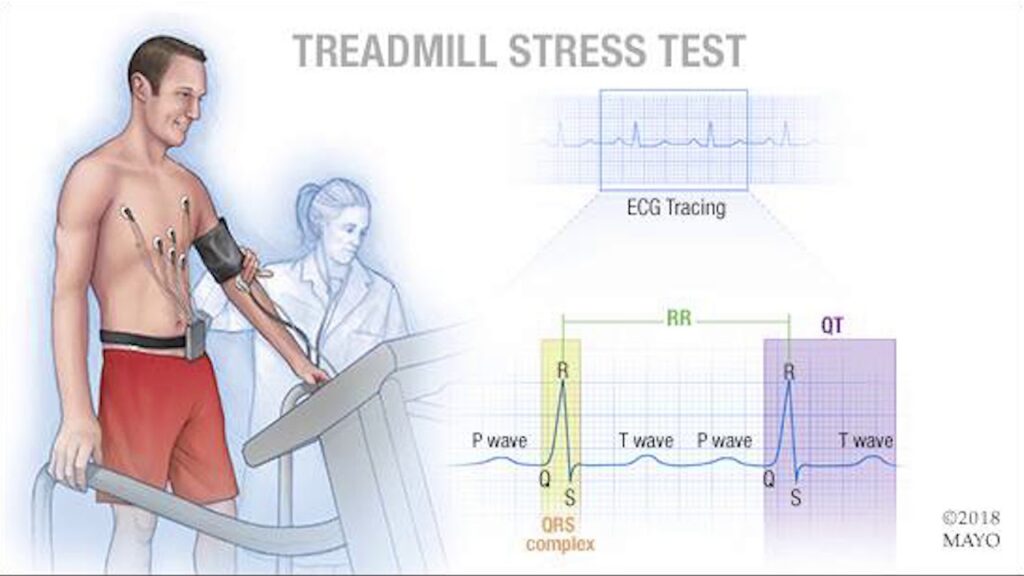
24 Hours and 48 Hours Holter Monitor
The Holter’s most common use is for monitoring ECG heart activity (electrocardiography or ECG). Its extended recording period is sometimes useful for observing occasional cardiac arrhythmias which would be difficult to identify in a shorter period.
For patients having more transient symptoms, a cardiac event monitor which can be worn for a month or more can be used.
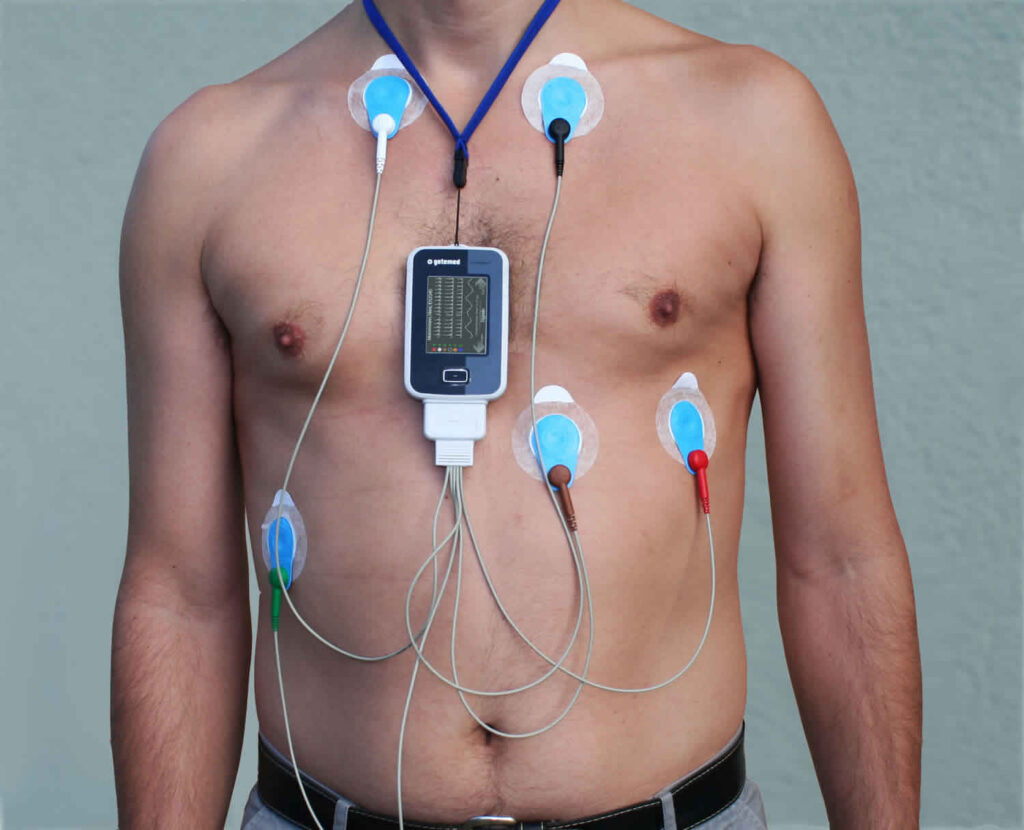
Ambulatory Blood pressure monitoring
Ambulatory blood pressure monitoring (ABPM) measures blood pressure at regular intervals throughout the day and night. It avoids the white coat hypertension effect in which a patient’s blood pressure is elevated during the examination process due to nervousness and anxiety caused by being in a clinical setting.
ABPM can also detect the reverse condition, masked hypertension, where the patient has normal blood pressure during the examination but uncontrolled blood pressure outside the clinical setting, masking a high 24-hour average blood pressure. Out-of-office measurements are highly recommended as an adjunct to office measurements by almost all hypertension organizations.
Cardiovascular Research activities
We also engage in cardiovascular research in prevention, treatment and management of cardiovascular diseases.
Full Heart Health Screening
Cardiovascular risk screening refers to the process of assessing an individual’s likelihood of developing cardiovascular diseases. The main aim of screening is to identify risk factors early and adopt preventive measures to reduce morbidity and mortality.
Early identification of risk factors can lead to timely interventions, such as lifestyle changes, medications, or surgical treatment. This approach helps in reducing the incidence of major cardiovascular events like heart attack and stroke
Cardiovascular Prevention Services/Health Promotion:
We engage in personalized health care for cardiovascular prevention via personal engagements, public health, mass health crusades, health screening and health promotion via the regular and social media.
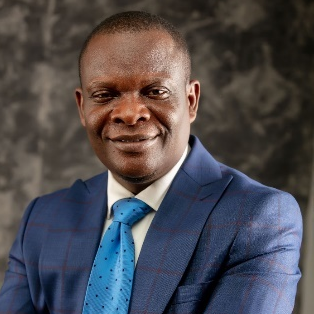
About Our Medical Director
Adeseye Abiodun Akintunde finished his basic medical education at the prestigious Obafemi Awolowo University, Ile Ife, Nigeria. He is a consultant cardiologist and a Professor of Medicine at the Ladoke Akintola University of Technology (LAUTECH) & LAUTECH Teaching Hospital, Ogbomoso, Nigeria. He is the current Head of the Cardiology Unit in the LAUTECH Teaching Hospital, Ogbomoso. He is also the Publicity Secretary of the Nigerian Cardiac Society and presently the Course Director of the African Hypertension School for the management of hypertension by non-physician health workers, an initiative of the African Regional Advisory Group of the International Society of Hypertension.
His research interest is in hypertension and the clustering of CV risk factors, stratification, and its management. It also includes heart failure, rheumatic valvular heart disease, and its genomics.
Meet some of Our Consultants

Dr Sope Tope Orugun
Specialist Registrar in Cardiology
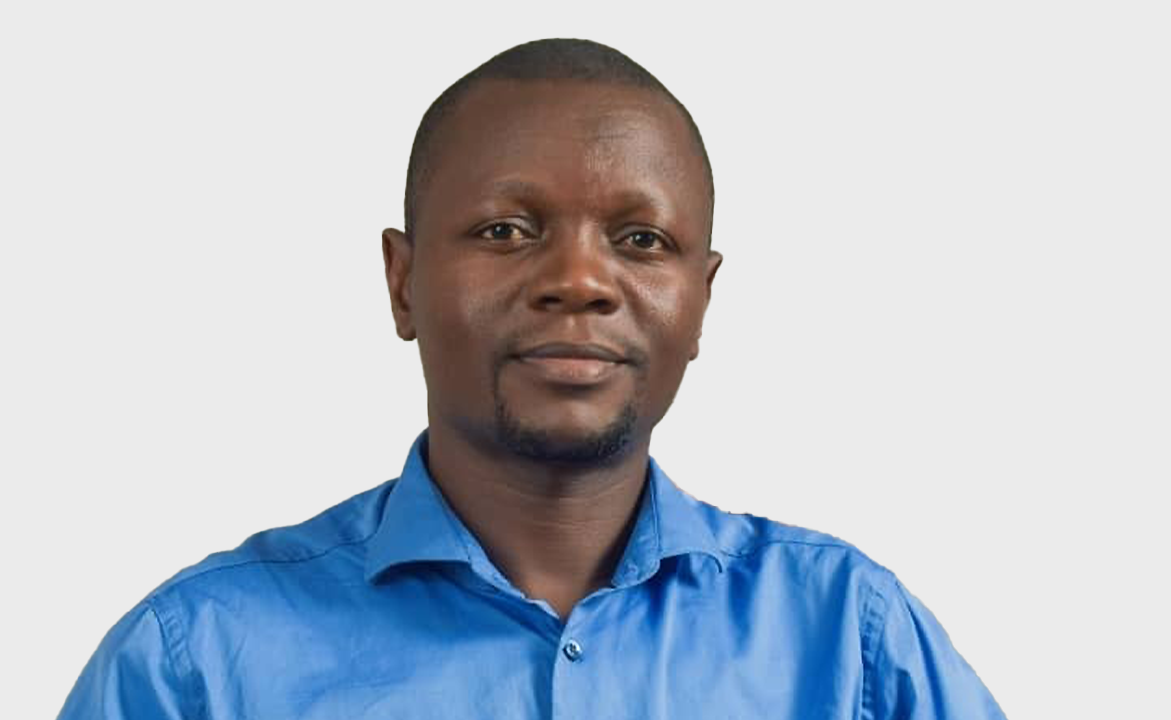
Dr Abubakar Usman
Specialist Registrar in Cardiology
WHAT OUR CLIENTS ARE SAYING


